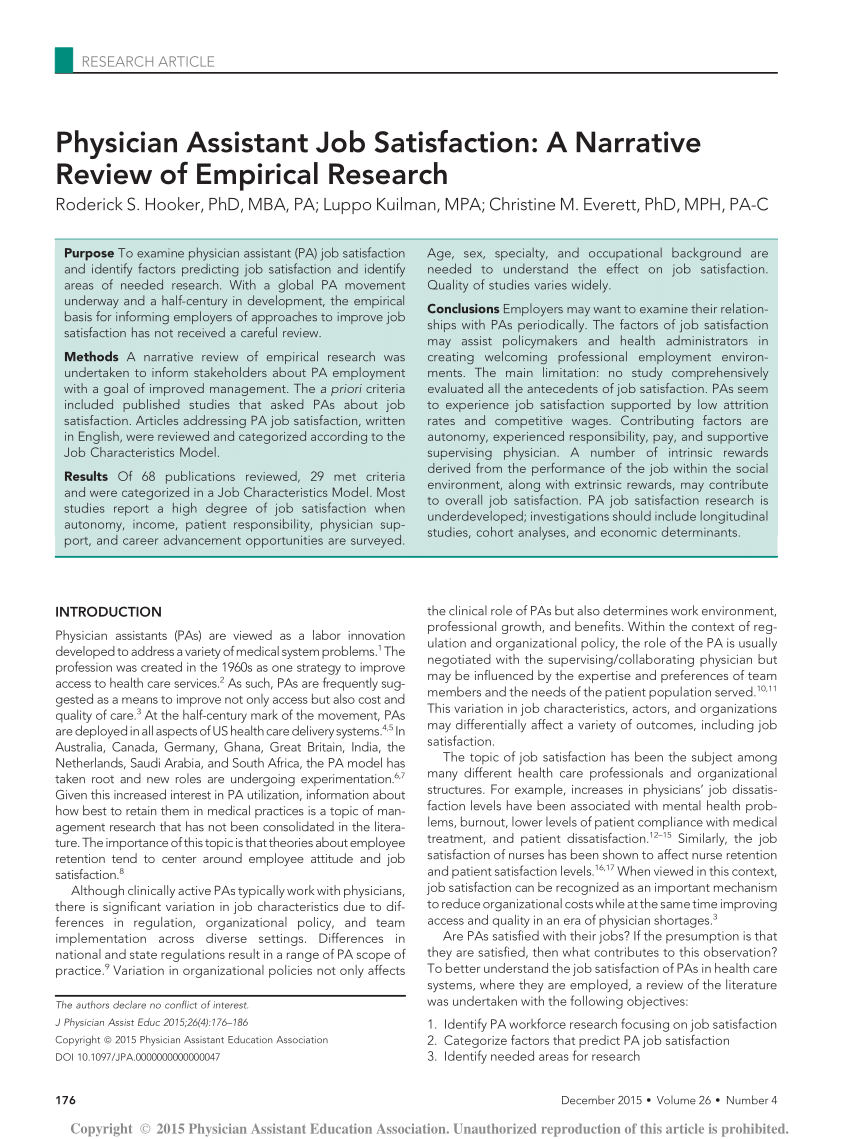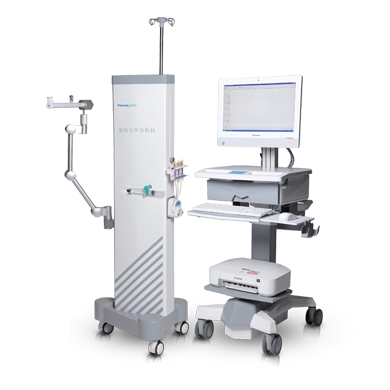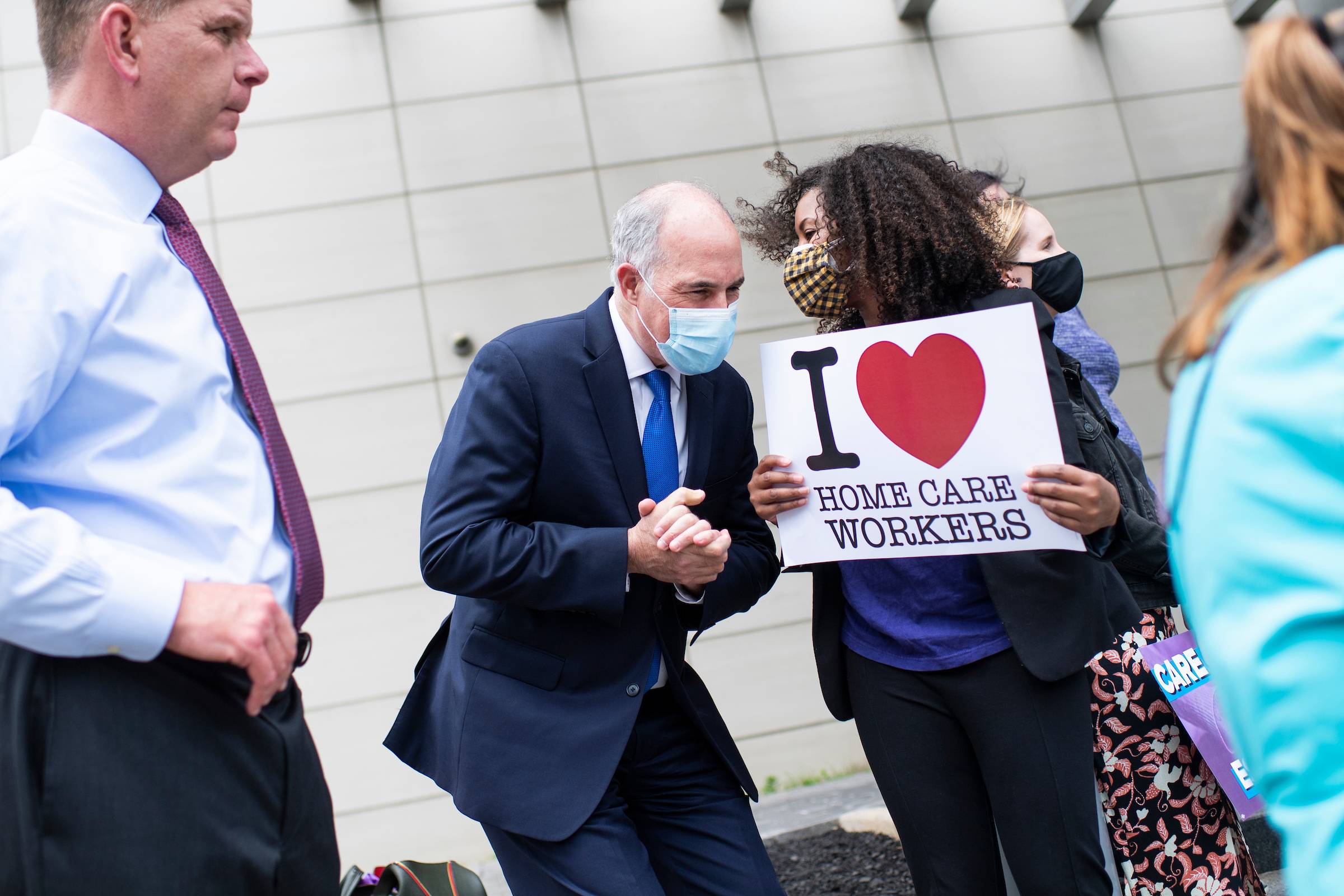
If you are unsure how to check the license of your MHCP provider, it is possible that your provider has not yet obtained a dhs 6638 licensing. It is crucial to have all necessary licenses in order for you to offer MHCP services. Here are some tips to help you determine whether a MHCP provider is eligible to obtain a dhs 6638.
MHCP provider's dhs 6638
MHCP providers have to be aware of their rights as well as their responsibilities under the Affordable Care Act. To comply with the law, they must follow the required procedures and provide information required by the program. If they do not comply with the rules, they may be denied access to federal funds.

An MHCP provider needs to adhere to federal provider screening regulations. Compliance with DHS-66638 is required. Providers who are not licensed must submit a DHS-66638 along with a background study of the owner and managers. The provider must wait for the Department of Human Services before they can license them.
MHCP provider's dhs245D HCBS Waiver license
You must have a MHCP provider’s dhS 245D "HCBS waiver" if your goal is to provide Medicaid-covered in-home health care. These licenses are required under the Medicaid program and required by Department of Health and Human Services. These are the steps that you should follow to apply if your interest is there.
You can start by checking the provider's license status. If the provider is not licensed, you will need to submit a Request for Licensing agency ID Number (DHS-3891) as well as a background check on all owners and managers. You will need to wait until the Department of Human Services licenses your service.
Before you can bill a client you must get a license issued by the DHS. The license will allow you to bill Medicaid for your services. You should remember that Medicaid will pay you under your DBA name. Make sure your DBA is registered with Office of Minnesota Secretary. If you don't, you could receive a rejection letter and/or a request for additional information.

Minnesota has a waiver program. If you qualify, you can apply to the Consumer Directed Community Supports Service (CDCS). This type waiver program helps people with disabilities manage their medical care. The program is administered by DHS's Aging and Adult Services Division.
FAQ
How do I become a creative health professional?
There are many paths to creative health professionals. Some people start out as students, while others begin their careers working in other fields such as business or engineering.
Some people choose to take a course in a particular topic, such as leadership, management, and health policy. Others choose to enroll in an elective course that explores diverse perspectives on health care and health.
No matter what your path, you will learn about health and care topics through lectures, readings and group discussions. Assignments and projects are also available. You may also attend workshops, conferences, and seminars.
When you complete the program, your knowledge will give you the skills to work with clients, colleagues, and patients in any role within the health system.
You could even go on to earn a doctorate degree.
What about the role of the private sector?
The private sector has a vital role to play in delivering healthcare. For example, it provides some of the equipment used in hospitals.
It also pays for some of the staff who work in hospitals. It is logical for them to be involved in running the system.
However, they have limitations.
Private providers are not always able to compete with the free services offered by governments.
They should not attempt to run the entire system. This could result in a system that isn't cost-effective.
What does "public" really mean in public healthcare?
Public Health refers to the preservation and enhancement of the health status of the community. It involves preventing disease, injury, and disability, promoting good health practices; ensuring adequate nutrition; and controlling communicable diseases, environmental hazards, and behavioral risks.
What are the three levels in health care facilities
The first level includes general practice clinics. These provide basic medical services for patients not requiring hospital admission. If necessary, they may refer patients to other providers. These include general practitioners, nurse practitioners, or midwives.
The second level are primary care centres, which provide complete outpatient care, as well as emergency treatment. These include hospitals and walk-in clinics as well as urgent care centers.
The third level is secondary care centers which provide specialist services such as orthopedic surgery, eye surgeries, and neurosurgery.
How do I get health insurance free in my locality?
You can apply for free health insurance if you qualify. If you are eligible, you might be eligible to Medicaid, Medicare or CHIP, Children's Health Insurance Program(CHIP), Tricare benefits, VA benefits and Federal Employee Health Benefitss (FEHB), military benefits, Indian Health Service benefits (IHS), or another program.
Statistics
- For instance, Chinese hospital charges tend toward 50% for drugs, another major percentage for equipment, and a small percentage for healthcare professional fees. (en.wikipedia.org)
- About 14 percent of Americans have chronic kidney disease. (rasmussen.edu)
- The health share of the Gross domestic product (GDP) is expected to continue its upward trend, reaching 19.9 percent of GDP by 2025. (en.wikipedia.org)
- Healthcare Occupations PRINTER-FRIENDLY Employment in healthcare occupations is projected to grow 16 percent from 2020 to 2030, much faster than the average for all occupations, adding about 2.6 million new jobs. (bls.gov)
- For the most part, that's true—over 80 percent of patients are over the age of 65. (rasmussen.edu)
External Links
How To
How to Locate Home Care Facilities
Home care facilities assist people who require help at home. These include elderly persons who are unable to move independently and disabled people with chronic conditions such as Alzheimer's. These facilities provide personal hygiene, food preparation, laundry and cleaning services, as well medication reminders and transportation. These facilities often collaborate closely with social workers, rehabilitation specialists, and medical professionals.
You can find the best home care services provider by asking friends, family and/or reading reviews on the internet. Once you have found a couple of providers, it is time to get in touch with them to learn more about their qualifications. Flexible hours are important so they can work around your schedule. Check to see if there is an emergency response available 24/7.
Consider asking your doctor for recommendations. If you don't know how to search, try searching online for "home healthcare" or "nursing home". Websites like Yelp or Angie's List, HealthGrades and Nursing Home Compare are some examples.
For further information, you may call the Area Agency on Aging (AAA), or Visiting Nurse Service Associations (VNA). These organizations will be able to provide you with a list containing agencies in your local area that are specialized in home care services.
It is crucial to find a quality home care agency, as many charge very high fees for patients. In fact, some agents charge up to 100 percent of a patient’s annual income. To avoid this problem, you should be sure to choose an agency that has been rated highly by the Better Business Bureau. Get references from former clients.
Some states require home-care agencies to register with their state's Department of Social Services. For more information, contact your local government office.
Consider these factors when looking for a homecare agency.
-
Be wary of any company that asks you to pay upfront before receiving services.
-
Choose a well-established, reputable company.
-
You should have proof of insurance, especially if your payment is out of pocket.
-
You should ensure that the state licenses any agency you hire.
-
Get a written contract that outlines all costs involved with hiring an agency.
-
Confirm that after discharge, the agency will provide follow-up visits.
-
Ask for a list if credentials and certifications.
-
Do not sign anything without reading it first.
-
Always read the fine print.
-
Verify that the agency is insured and bonded.
-
Ask the agency how long they have been in business.
-
Verify that the State Department of Social Welfare licenses the agency.
-
Find out whether there are any complaints against the agency.
-
Call the local government agency that regulates homecare agencies.
-
Make sure that you are able to get answers from the staff member who answers the phone about home care.
-
For tax information on home care please consult your accountant.
-
Always solicit at least three bids per home care agency.
-
Accept the lowest offer, but don't settle for anything less than $30 per an hour.
-
It is possible that you will need to visit more than one agency for home care each day.
-
When signing contracts, read everything carefully.